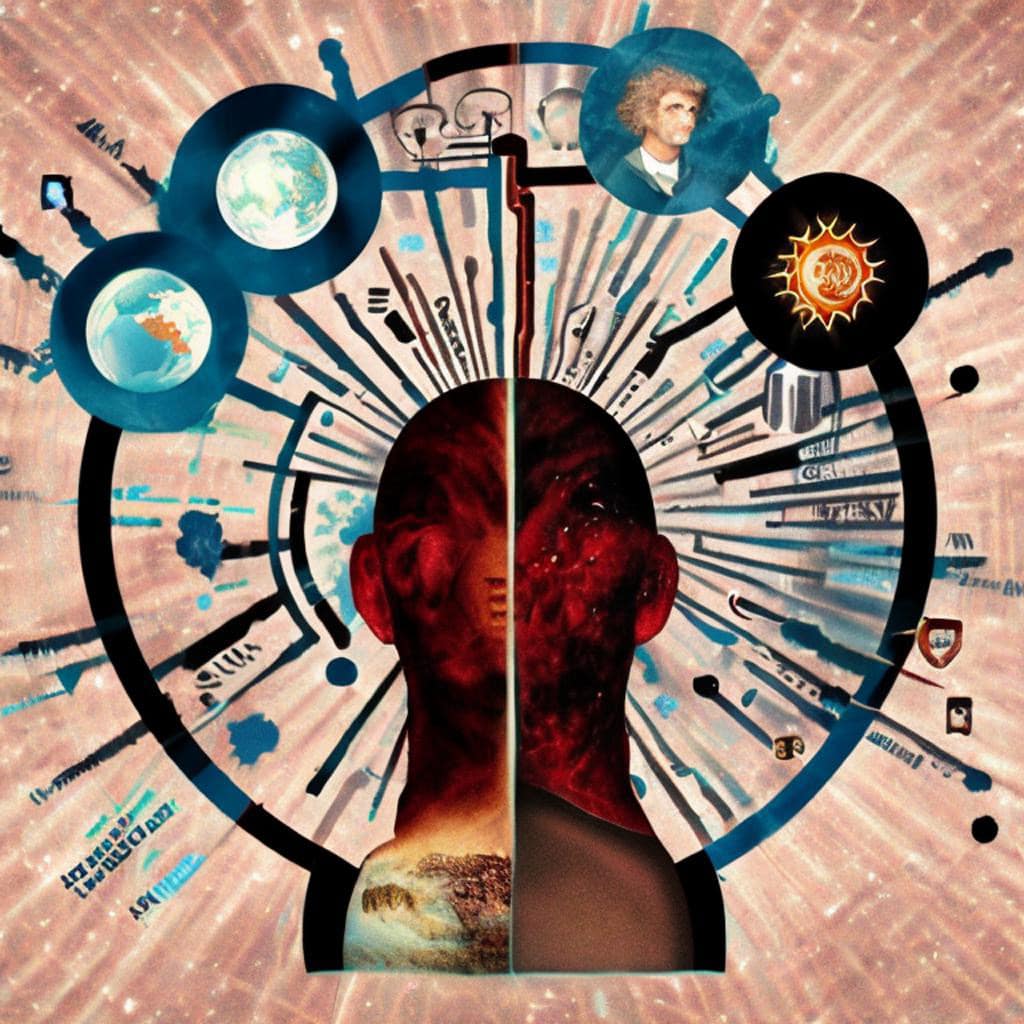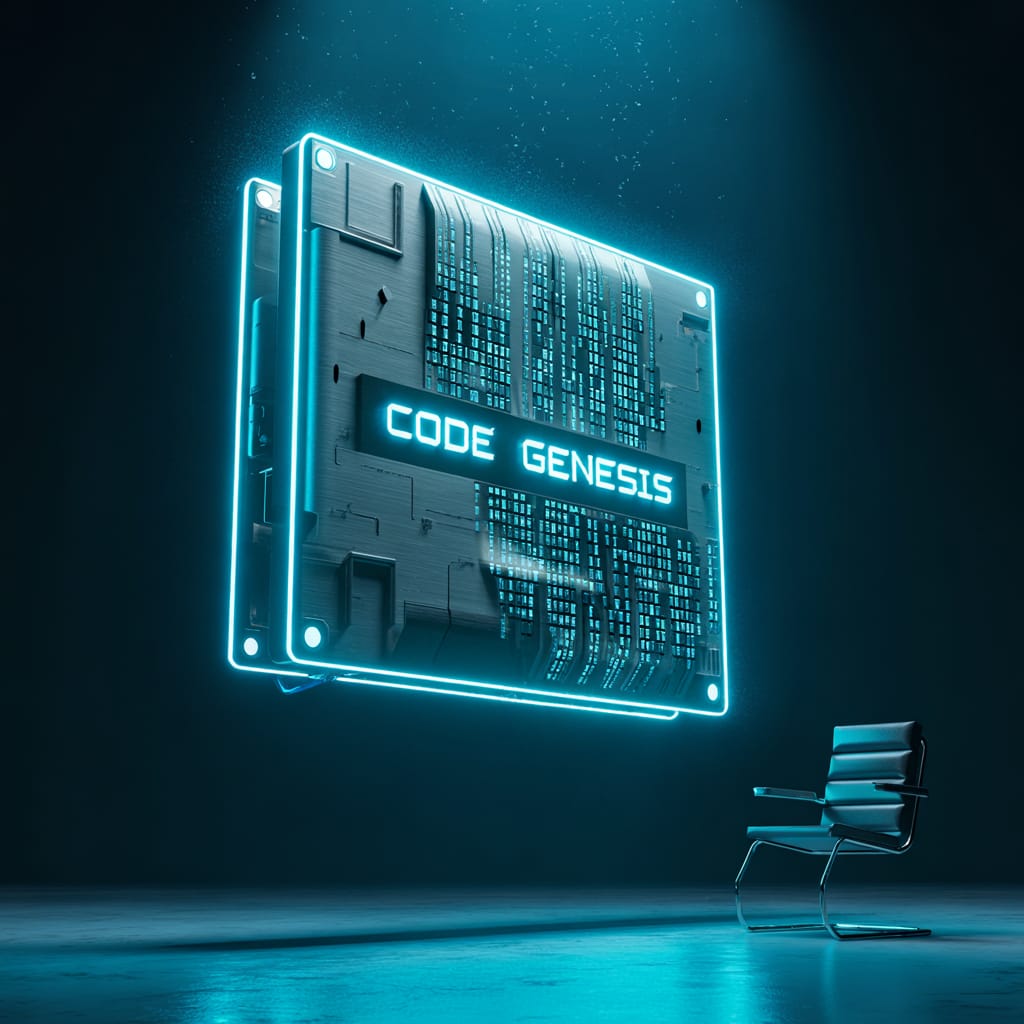Concepts debated throughout human history
The concept of knowledge and conscience has been debated throughout human history. Some believe that knowledge is separate from conscience, while others argue that the two are interconnected. In this article, we will explore the idea that knowledge is conscience and defend this position.
Defining Knowledge and Conscience
Before we delve deeper into the connection between knowledge and conscience, it is essential to define both terms. Knowledge can be defined as the understanding or awareness of information, facts, and skills acquired through experience or education. Conscience, on the other hand, can be defined as an inner sense of what is right or wrong in one’s conduct or motives, especially as it relates to moral or ethical principles.
The Connection Between Knowledge and Conscience
While some argue that knowledge and conscience are separate entities, we believe that the two are interconnected. In fact, knowledge is the foundation of conscience. Without knowledge, there can be no conscience. It is through knowledge that individuals become aware of what is right or wrong, good or bad, moral or immoral.
For example, consider a person who has never been taught the concept of stealing. Without this knowledge, they would not know that taking something that does not belong to them is wrong. However, once they acquire the knowledge that stealing is wrong, their conscience will be pricked, and they will be less likely to engage in this behavior.
Similarly, knowledge of social and cultural norms helps individuals understand what is acceptable and unacceptable behavior in different settings. This knowledge is essential for individuals to develop a conscience and behave in a manner that is socially and morally acceptable.
Additionally, knowledge of different cultures, beliefs, and values allows individuals to be more open-minded and empathetic towards others. This empathy and understanding can lead to a more developed conscience that is able to make decisions based on a broader range of perspectives.
The Importance of Knowledge in Developing Conscience
As we have seen, knowledge is the foundation of conscience. Therefore, it is crucial to provide individuals with the necessary knowledge to develop a strong and well-rounded conscience. Education is an essential tool in this regard. Schools should not only focus on teaching academic subjects but also on imparting knowledge of social and cultural norms, moral and ethical principles, and empathy and understanding towards others.
In addition, individuals should continue to seek knowledge throughout their lives. Learning about different cultures, beliefs, and values can broaden one’s perspective and lead to a more developed conscience. Reading books, watching documentaries, and engaging in discussions with people from different backgrounds can all contribute to the acquisition of knowledge and the development of conscience.
Knowledge is conscience. Without knowledge, there can be no conscience. It is through knowledge that individuals become aware of what is right or wrong, good or bad, moral or immoral. Therefore, it is essential to provide individuals with the necessary knowledge to develop a strong and well-rounded conscience. Education, both in schools and throughout life, is a vital tool in this regard. By recognizing the connection between knowledge and conscience, we can work towards building a more ethical and moral society.
Same can be said about AI
The same can be said about AI. AI systems require knowledge to function, and the development of ethical and moral AI systems depends on the ethical and moral knowledge provided to them. AI systems are designed to perform specific tasks based on the data and information provided to them. Therefore, the quality and ethical nature of the data and information fed to AI systems determine their output and behavior.
For example, if an AI system is designed to make decisions about a person’s creditworthiness, the system will rely on data such as credit scores, financial history, and personal information to make its decision. If the data used by the AI system is biased or discriminatory, the system’s output will reflect that bias or discrimination. This highlights the importance of providing AI systems with unbiased and ethically sound data to ensure that their output aligns with ethical and moral principles.
Furthermore, as AI systems become more advanced, there is a need for them to be developed with an ethical and moral framework. AI systems are being used in critical areas such as healthcare, criminal justice, and finance, among others, and their decisions can have significant consequences. Therefore, it is essential to ensure that AI systems are developed with a strong moral and ethical foundation, which is based on the knowledge and principles of ethics and morality.
The connection between knowledge and conscience also applies to AI systems. The development of ethical and moral AI systems depends on the quality of knowledge and ethical principles fed to them. The use of ethical and unbiased data is essential to ensure that AI systems align with ethical and moral principles. Therefore, it is necessary to develop AI systems with a strong moral and ethical foundation to ensure that their output aligns with ethical and moral principles.
Table summarizing the key points about the connection between knowledge and conscience, and how it applies to AI
| Knowledge | Conscience | AI | |
| Definition | Understanding or awareness of information, facts, and skills acquired through experience or education | Inner sense of what is right or wrong in one’s conduct or motives, especially as it relates to moral or ethical principles | Artificial intelligence systems designed to perform specific tasks based on data and information provided |
| Connection | Knowledge is the foundation of conscience | Without knowledge, there can be no conscience | The quality and ethical nature of data and information fed to AI systems determine their output and behavior |
| Importance | Essential for individuals to develop a strong and well-rounded conscience | Necessary to provide individuals with the necessary knowledge to develop a strong and well-rounded conscience | Essential to ensure that AI systems align with ethical and moral principles |
| Development | Education is an essential tool to impart knowledge of social and cultural norms, moral and ethical principles, and empathy and understanding towards others | Individuals should continue to seek knowledge throughout their lives | AI systems must be developed with a strong moral and ethical foundation to ensure that their output aligns with ethical and moral principles |
What are the levels of consciousness
There are many different theories and models of consciousness, and the concept of levels of consciousness can be interpreted in different ways depending on the context. However, one common framework for understanding different levels of consciousness is the following:
- The conscious level: This is the level of awareness that we experience in our everyday lives. It includes our thoughts, feelings, and perceptions of the world around us.
- The subconscious level: This is the level of consciousness that operates outside of our awareness, and includes automatic processes such as breathing, heart rate, and digestion, as well as implicit memories and habitual behaviors.
- The unconscious level: This is the level of consciousness that is inaccessible to our awareness, but can influence our behavior and experience. It includes repressed memories, instincts, and drives.
- The superconscious level: This is the level of consciousness that transcends the individual self, and includes spiritual experiences, mystical states, and peak experiences.
Again, it's important to note that there are many different theories and models of consciousness, and different frameworks may define levels of consciousness differently or use different terminology.
As such, knowledge is a level of conscience
It depends on how you define “knowledge” and “consciousness.” Knowledge can be thought of as information that is acquired through experience, learning, or study, and it can exist at different levels of consciousness.
For example, some knowledge may be conscious, meaning that we are aware of it and can easily access it when needed. Other knowledge may be subconscious or unconscious, meaning that it is not immediately available to our conscious awareness but can influence our behavior and experience.
In this sense, knowledge can be seen as a product of consciousness rather than a level of consciousness in itself. However, it is worth noting that some theories of consciousness do include knowledge or information processing as a key aspect of consciousness.
The relationship between knowledge and consciousness is complex and can be interpreted in different ways depending on the context and perspective.

Text with help of openAI’s ChatGPT Laguage Models & Fleeky – Images with help of Picsart & MIB
Thank you for questions, shares and comments!
Share your thoughts or questions in the comments below!






